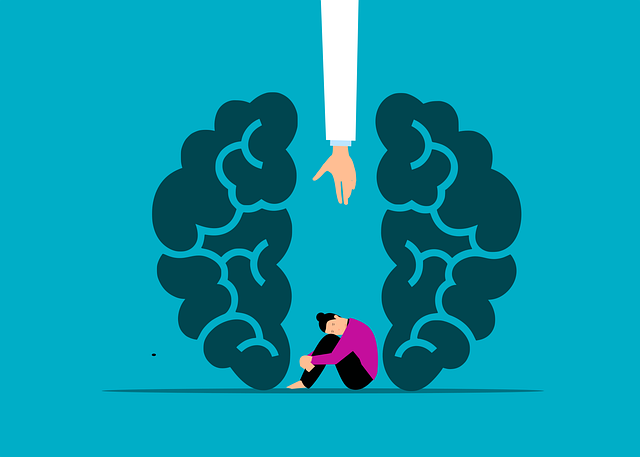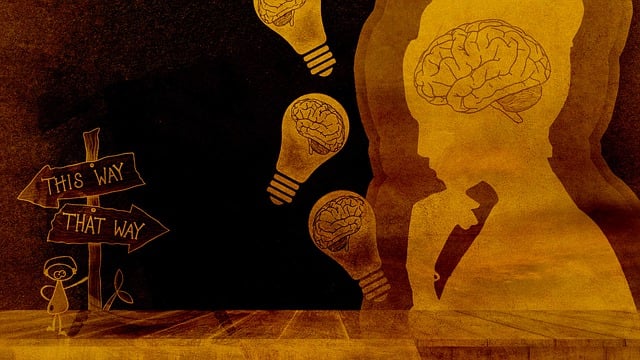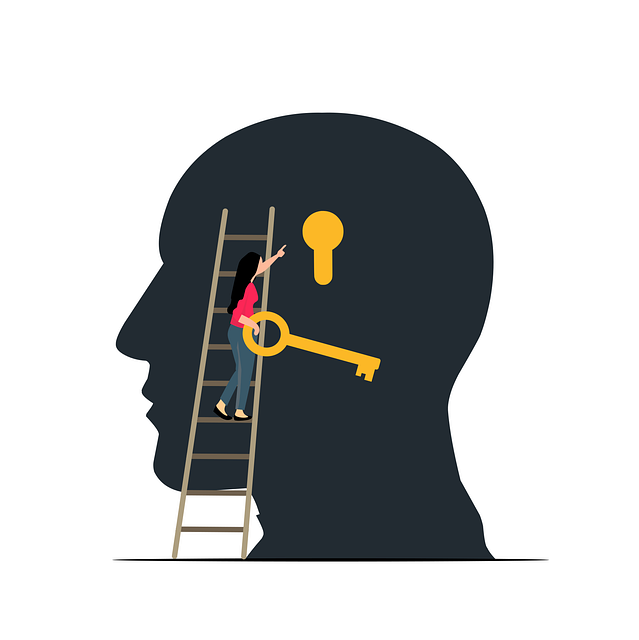Children struggling with gambling issues require specialized therapy, such as Cognitive Behavioral Therapy (CBT), which addresses negative thoughts, behaviors, and beliefs linked to gambling. This approach includes interactive sessions, confidence-boosting activities, stress management techniques, and mindfulness training to empower young individuals, prevent burnout, and support long-term recovery. Early intervention is crucial; parents should look for signs like secrecy, academic decline, or mood swings. Professional counselors help identify unhealthy thought patterns, manage stress, and regulate emotions, fostering positive thinking and self-care practices. Building healthy coping skills through consistent effort and long-term support is essential to overcome addiction and develop lasting strategies for mental well-being.
In the realm of childhood well-being, recognizing and addressing gambling issues early is paramount. This article delves into essential coping skills development strategies for parents and caregivers facing these challenges. We explore therapy options tailored for children with gambling problems, including identifying subtle signs and symptoms. Furthermore, we highlight the crucial roles of professional counselors and long-term support in managing addiction effectively. By understanding these resources, folks can navigate a path towards healthier coping mechanisms for their young ones.
- Understanding Therapy for Children with Gambling Issues
- Identifying Signs of Problematic Gambling in Kids
- Building Coping Skills: Strategies for Parents and Caregivers
- The Role of Professional Counselors in Gambling Addiction Treatment
- Long-term Support and Maintaining Healthy Coping Mechanisms
Understanding Therapy for Children with Gambling Issues

Children with gambling issues often require specialized therapy to address their unique challenges. Cognitive Behavioral Therapy (CBT) is a widely recognized and effective approach for this demographic. CBT focuses on identifying and changing negative thought patterns, behaviors, and beliefs associated with gambling. Through interactive sessions, therapists help children understand the underlying causes of their addiction, develop healthier coping strategies, and build resilience against cravings. This therapy also includes teaching mindfulness techniques to enhance self-control and decision-making abilities.
Additionally, therapy for children with gambling issues should incorporate confidence-boosting activities and stress management techniques. By promoting a positive mindset and healthy coping mechanisms, such as practicing Mind Over Matter principles, therapists can aid in preventing burnout and fostering long-term recovery. These strategies empower young individuals to take control of their lives, make better choices, and develop a healthier relationship with money and risk-taking behaviors.
Identifying Signs of Problematic Gambling in Kids

Many children engage in gambling activities, often as a way to cope with stress or social pressures. However, what starts as harmless fun can sometimes develop into a concerning behavior pattern. Identifying signs of problematic gambling early on is crucial for providing the necessary therapy for children gambling. Parents and caregivers should look out for changes in their child’s behavior, such as increased secrecy around their activities, lying about gambling habits, or using gambling as a means to cope with emotional distress.
A decline in academic performance, loss of interest in hobbies and social interactions, and sudden changes in mood can also be indicators. Self-esteem improvement and trauma support services might play a vital role in addressing the underlying issues. Additionally, if gambling becomes a way to manage bad moods, seeking professional help for mood management could be beneficial. Recognizing these signs promptly enables adults to guide children towards healthier coping mechanisms and, if needed, direct them to specialized therapy programs.
Building Coping Skills: Strategies for Parents and Caregivers

Parenting and caring for a child is an incredibly rewarding but challenging task, especially when navigating through difficult situations. Teaching children effective coping skills can be a powerful tool to support their emotional well-being. One significant area of concern that often requires attention is therapy for children gambling, as it can lead to severe anxiety and stress management issues.
By implementing simple strategies at home, parents and caregivers can foster healthy coping mechanisms. Encouraging open communication about feelings is key; create a safe space where children feel comfortable expressing their emotions without judgment. Simple activities like mindfulness exercises or deep breathing techniques can be valuable tools to help them manage anxiety relief and promote positive thinking. Additionally, teaching children to identify and express their emotions effectively can prevent problematic behaviors, including excessive gambling tendencies in the future.
The Role of Professional Counselors in Gambling Addiction Treatment

Professional counselors play a pivotal role in treating gambling addiction, especially when it comes to helping children and adolescents struggling with this issue. They offer specialized therapy sessions tailored to address the unique challenges faced by young individuals dealing with compulsive gambling behaviors. Through individual or group counseling, these experts create safe spaces for clients to open up about their experiences, fostering open communication strategies that are crucial in managing addiction.
Counselors employ various techniques, such as cognitive-behavioral therapy (CBT), to help clients identify and change unhealthy thought patterns associated with gambling. They also teach effective stress management and emotional regulation skills, empowering children to cope with triggers and cravings more adaptively. The goal is not only to help them overcome addiction but also to develop long-lasting strategies for maintaining mental well-being in the face of potential future challenges.
Long-term Support and Maintaining Healthy Coping Mechanisms

Building healthy coping skills is an ongoing process that requires consistent effort and long-term support. For children struggling with issues like gambling, therapy plays a pivotal role in fostering positive thinking and self-care practices. Professional guidance helps them navigate their emotions, develop healthier habits, and regain control over their lives. Regular sessions with therapists can be tailored to teach effective stress management techniques, enhance emotional intelligence, and boost confidence, all of which are crucial for maintaining stable coping mechanisms.
As children learn these valuable skills, it becomes essential to integrate them into daily routines. Encouraging self-care practices like exercise, mindfulness, or creative outlets can reinforce positive thinking and emotional resilience. By nurturing a sense of control and well-being, children can better cope with challenges and avoid unhealthy coping strategies, such as gambling, in the long term.
Coping skills development is a crucial aspect of treating gambling addiction in children. By understanding the signs, identifying problematic behaviors early on, and employing effective strategies like those outlined in this article—including therapy for children with gambling issues, professional counseling, and long-term support—parents and caregivers can empower kids to build resilient coping mechanisms. These efforts not only address immediate concerns but also foster a healthier, more balanced future for the child.














